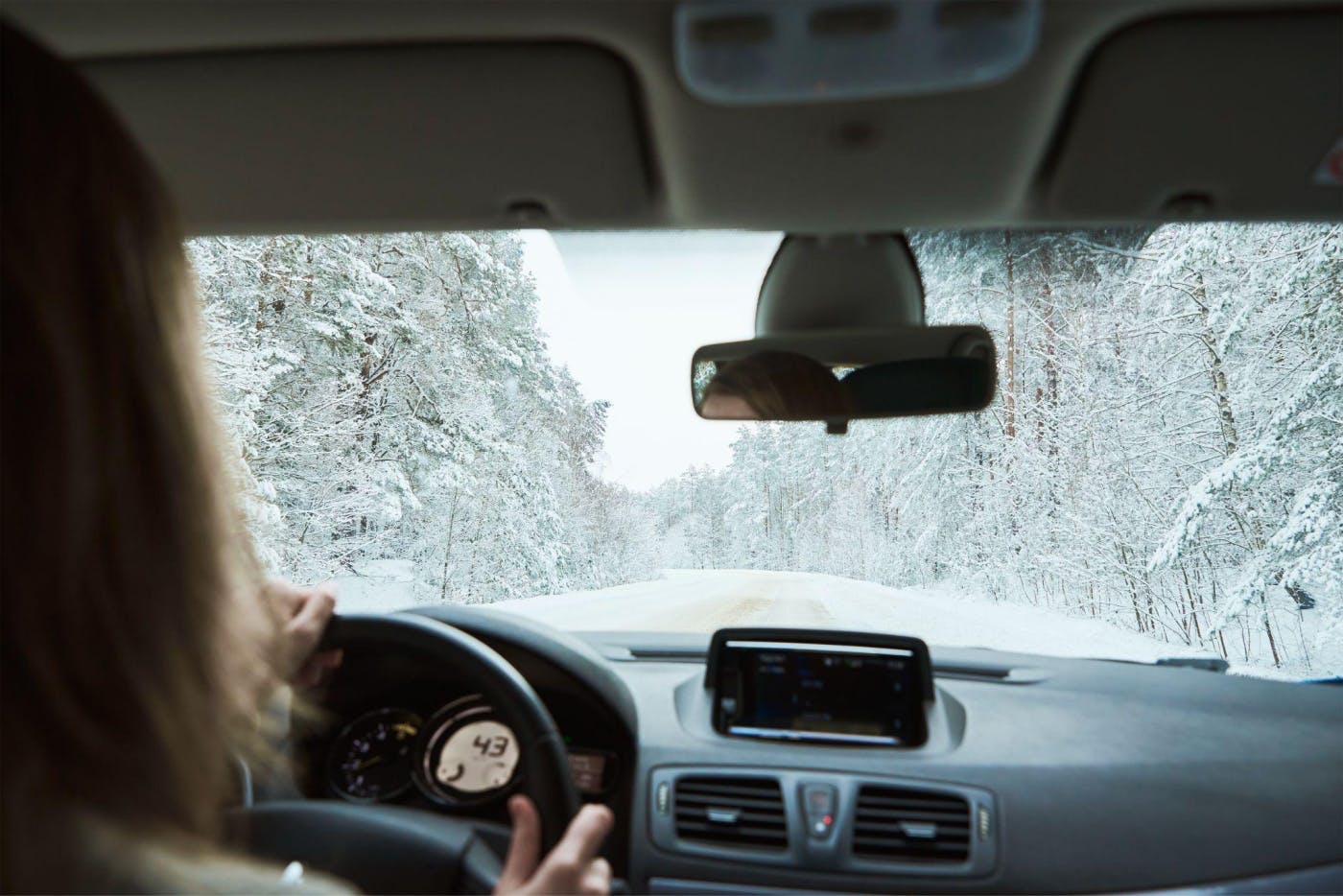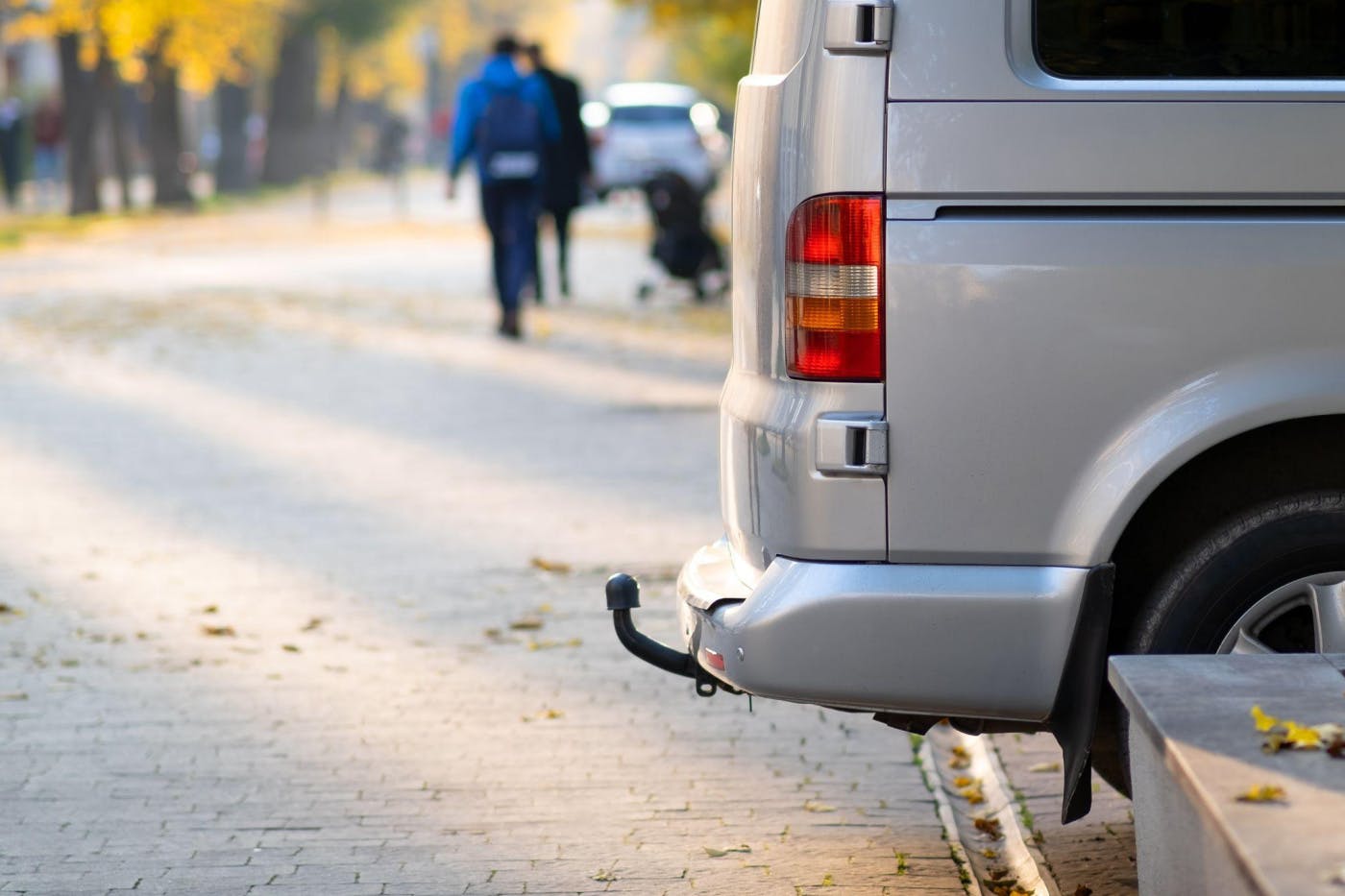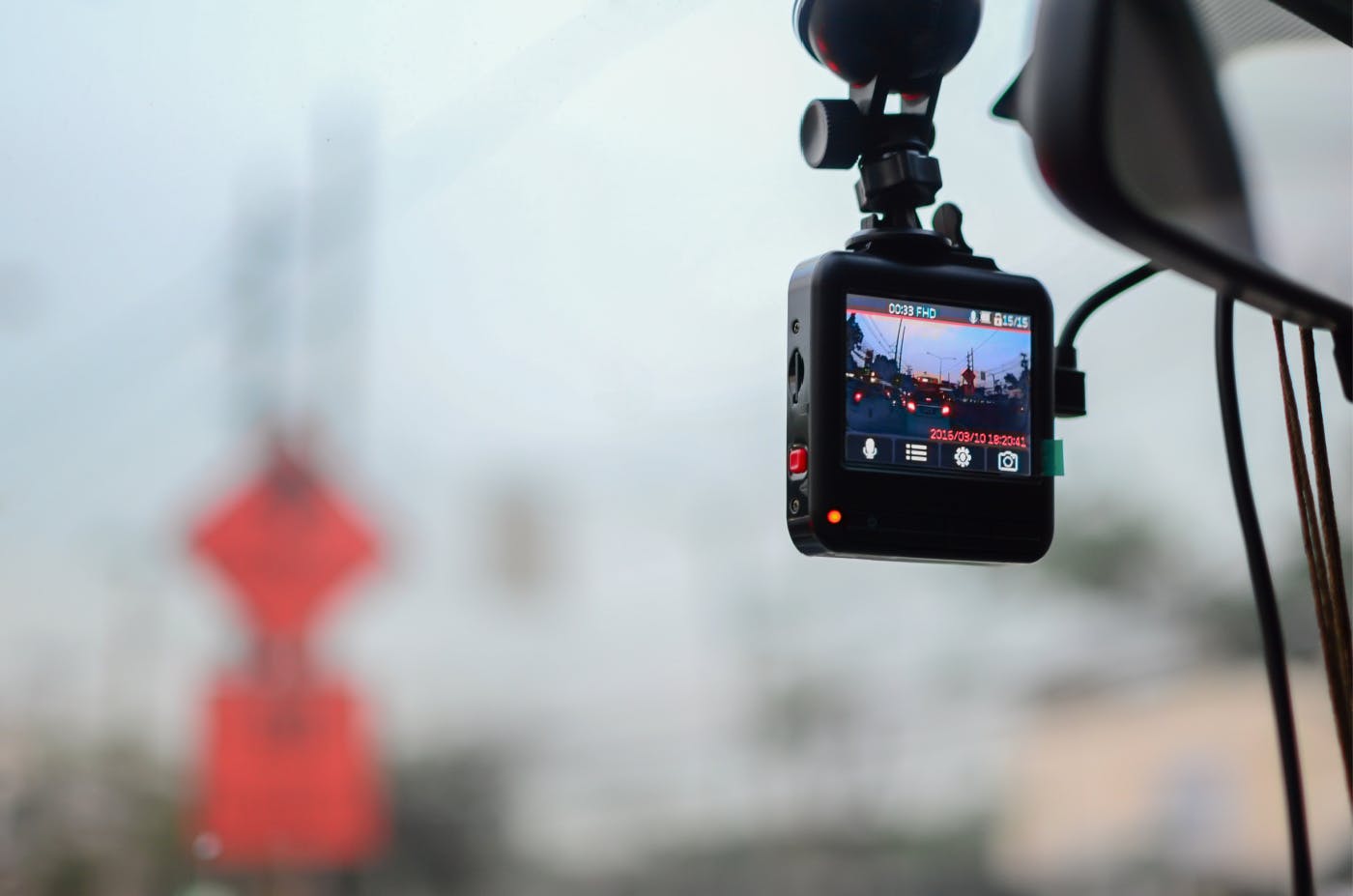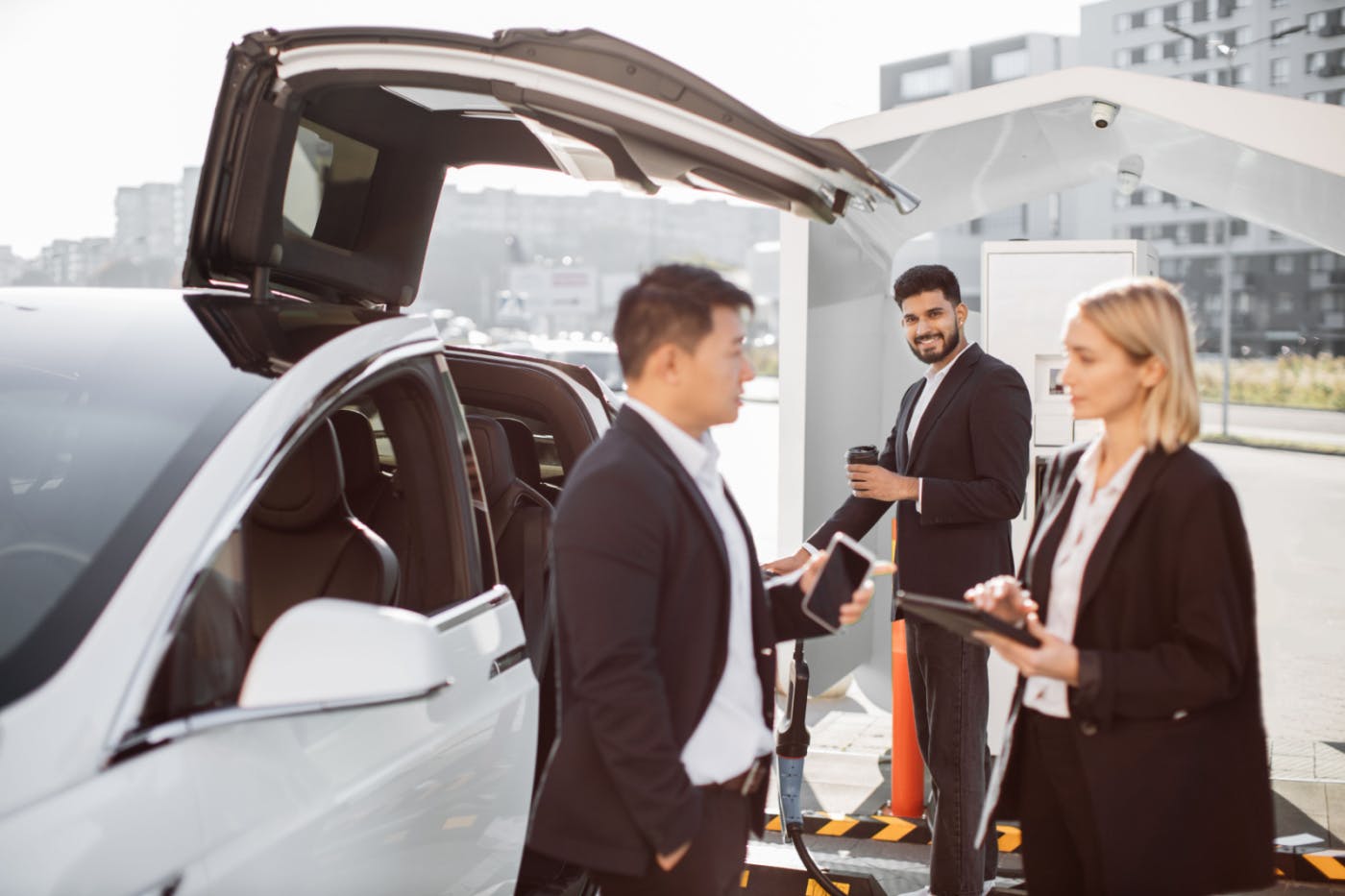Defensive Driving: Tips to Stay Safe on Minnesota Roads
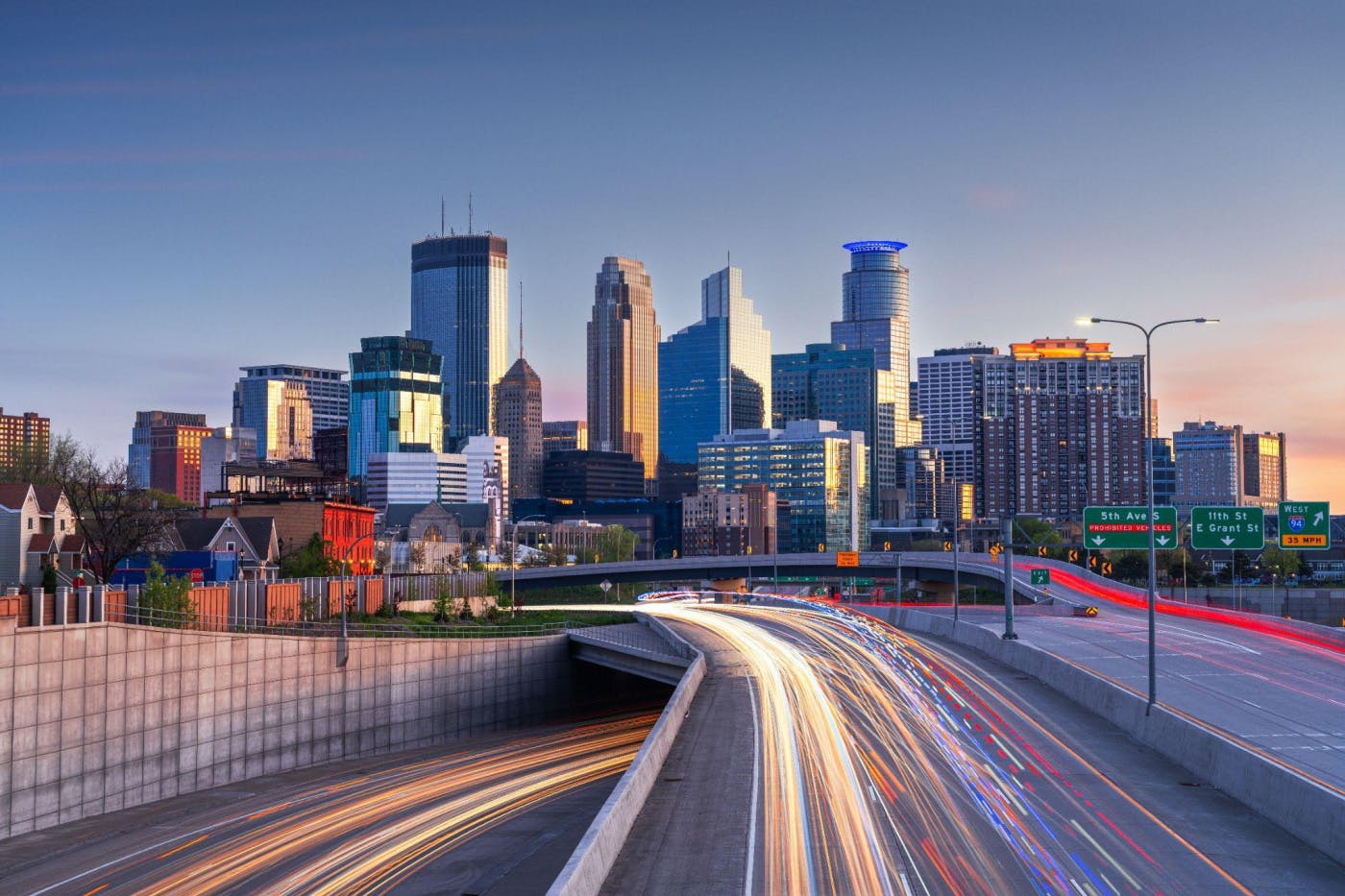
Practicing defensive driving can significantly reduce the risk of accidents and injuries. Whether commuting to work or setting out on a road trip, these tips will help you confidently navigate Minnesota’s roads.




